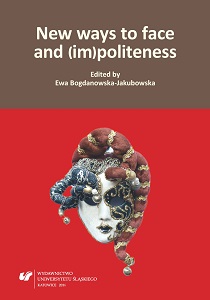
The concept of GOD’S FACE as an anthropopathism in the Old Testament
The aim of the paper is to present the concept of GOD’S FACE functioning as an anthropopathism in the language of the Old Testament. According to biblical scholars, anthropopathisms along with anthropomorphisms constitute the metaphorical means for the personification of God in the Bible. It means that in biblical discourse, God is perceived as a human being by referring either to His appearance (anthropomorphism), or feelings, attitudes and ways of interaction with people (anthropopathism). Interestingly, from a linguistic perspective, the concept of FACE may function in language as a metonymy for emotions. In Anna Wierzbicka’s view, facial paralanguage replaces the linguistic production and it is possible to talk about “the semantics of facial expression.” In the Old Testament, the personified God’s facial paralanguage includes showing and hiding His face, turning it to/against people, as well as looking, listening and eating. Those descriptions exhibit numerous instances of the application of the concept of GOD’S FACE to express a variety of God’s feelings and attitudes towards people. The range of God’s emotions presented in this way involves both positive feelings, such as joy, peace and safety, as well as the negative ones, such as offence, anger or terror. Moreover, GOD’S FACE teaches and guides people or judges and destroys them. In addition, it can be observed that THE FACE FOR THE EXPRESSION OF EMOTIONS metonymy co-occurs with such metonymies as THE FACE for the person, the presence, the personality, and the confrontation with someone, producing complex interactions of conceptual mappings.
More...
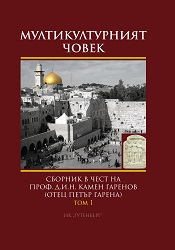
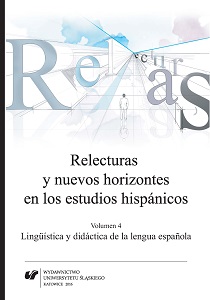
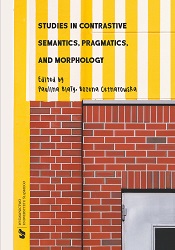

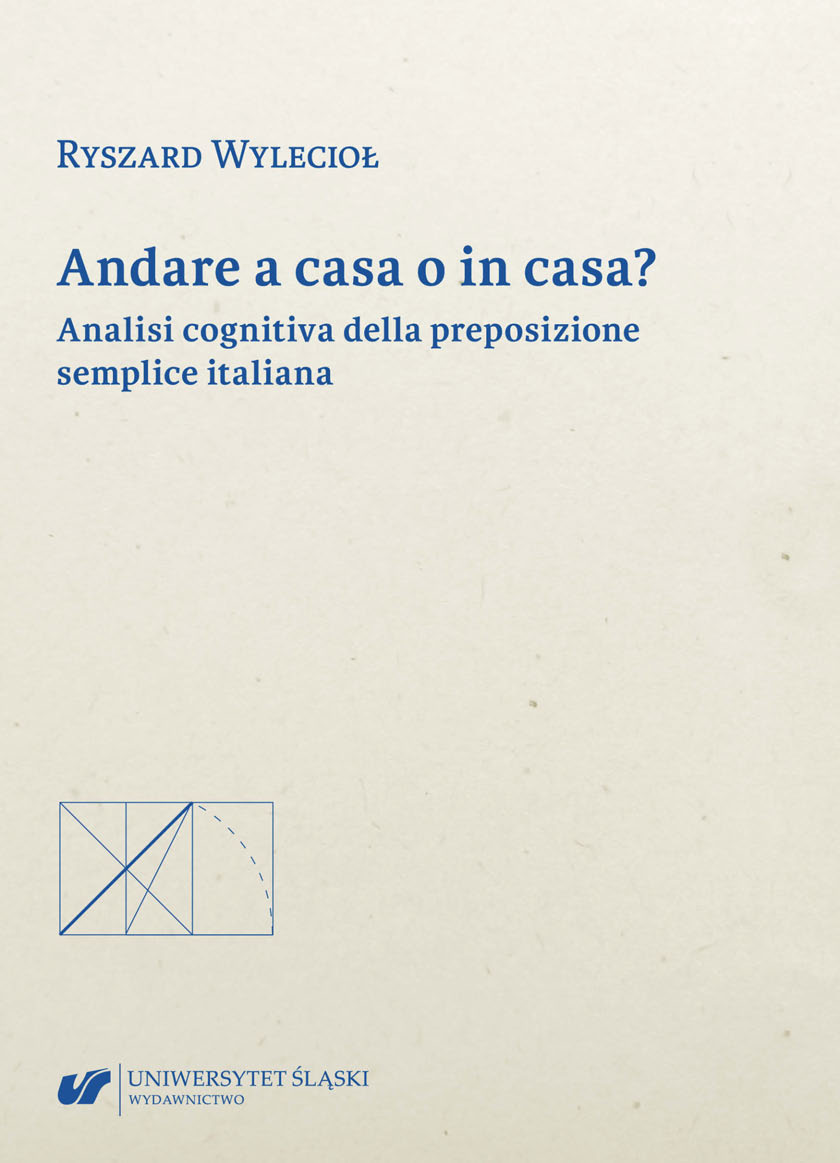
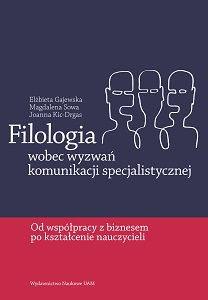
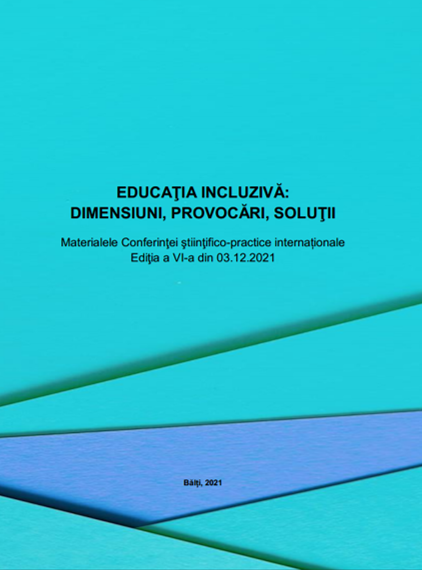
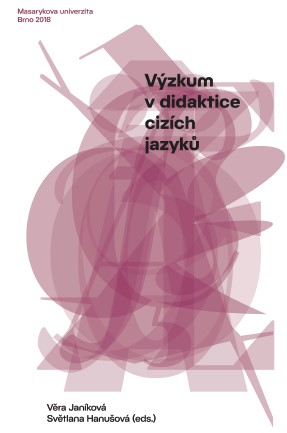
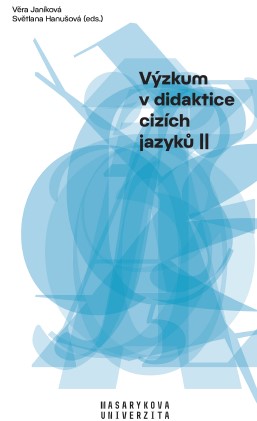
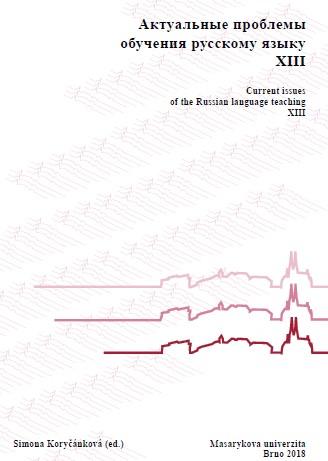
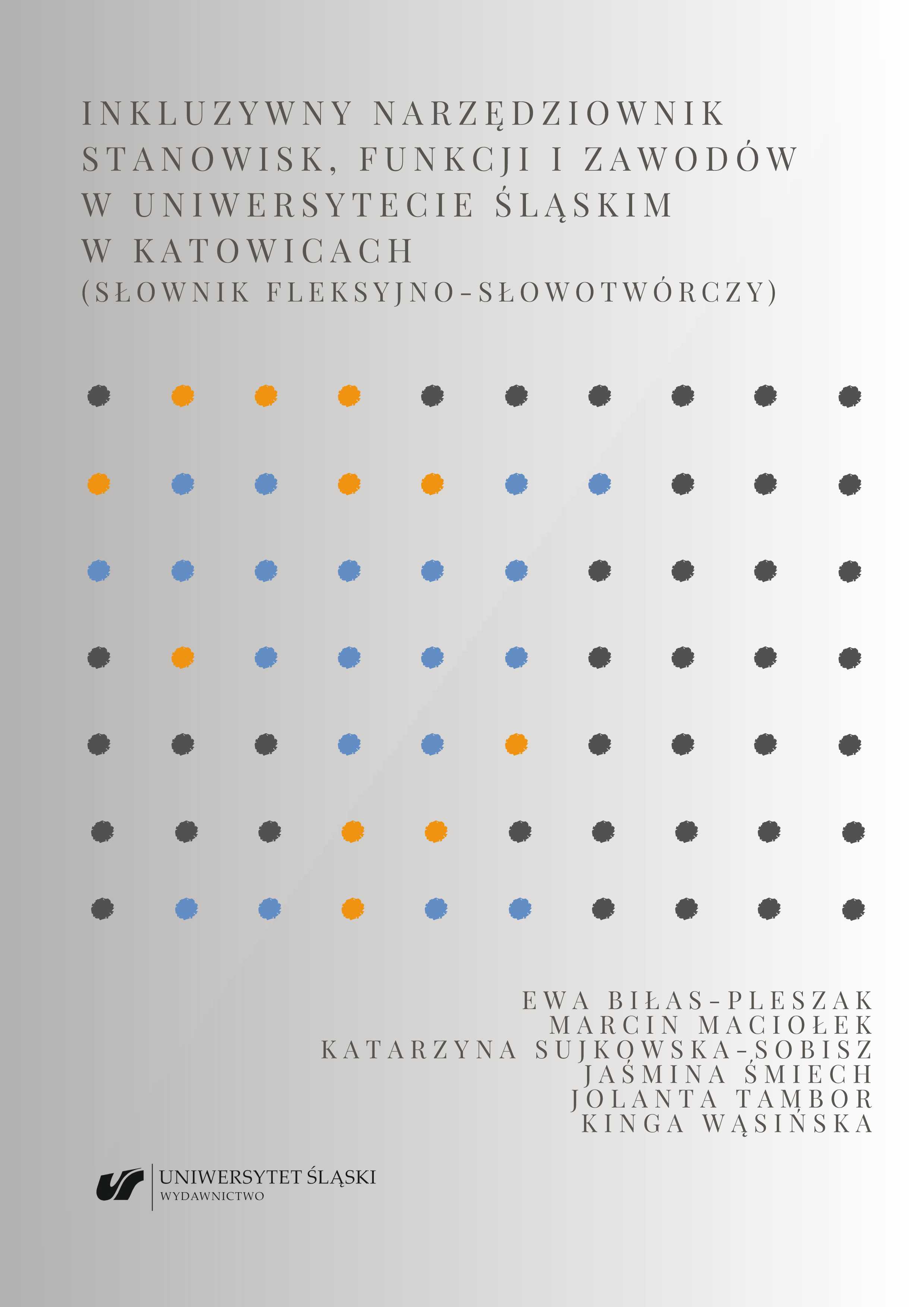
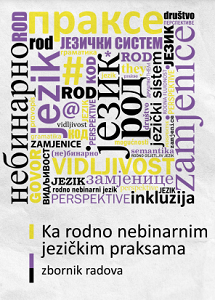
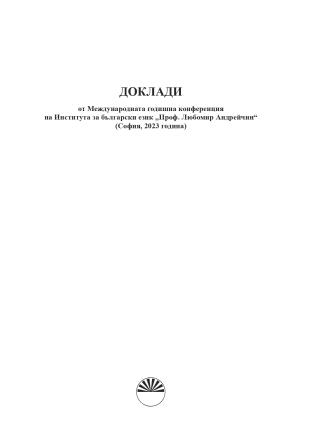
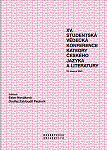
![A Conceptual Exploration of Polysemy: A Case Study of [V] – [UP] and [V] – [SHANG]](/api/image/getbookcoverimage?id=document_cover-page-image_1228622.PNG)